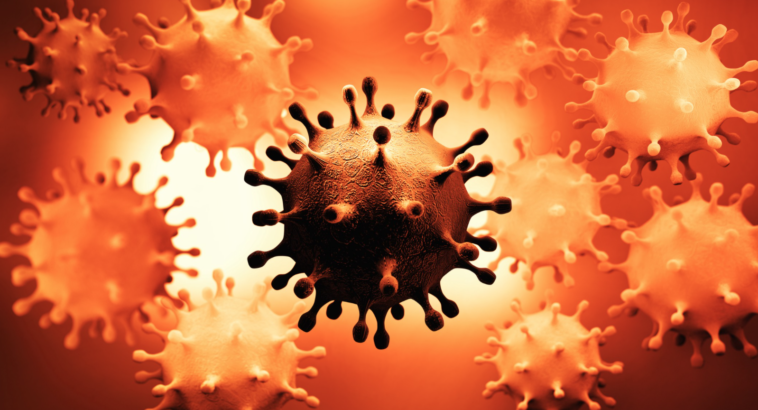Nova Scotia has 19 active cases of COVID-19. One new case is being reported today, Jan. 24.
The case is in Central Zone and involves a Dalhousie University student. The student, who lives off-campus, is from Nova Scotia and self-isolating now as required. The case is under investigation.
“A low number of cases is encouraging, but we are seeing that some of the recent cases are more complex than others,” said Premier Stephen McNeil. “It’s another reminder that we need to stay vigilant to contain the virus – limit our social contacts, keep a social distance, wear a mask, stay home if feeling unwell and follow all the other public health measures.”
On Jan. 22, Nova Scotia announced a modest easing of restrictions that will come into effect Monday, Jan. 25: https://novascotia.ca/news/release/?id=20210122005 . Recognizing the challenges of the pandemic, a change has been made to allow mental health and addictions support groups to meet in groups of up to 25 instead of 10, with physical distancing. This also comes into effect Jan. 25.
Nova Scotia Health Authority’s labs completed 1,093 Nova Scotia tests on Jan. 23.
Since Oct. 1, Nova Scotia has completed 151,573 tests. There have been 482 positive COVID-19 cases and no deaths. No one is currently in hospital. Cases range in age from under 10 to over 70. Four hundred and sixty-six cases are now resolved. Cumulative cases may change as data is updated in Panorama.
“We are spending more time indoors now,” said Dr. Robert Strang, Nova Scotia’s chief medical officer of health. “Follow the public health measures: no more than 10 people in a group, practise physical distancing, wear a mask and wash your hands frequently.”
Post-secondary students returning to Nova Scotia from anywhere except Prince Edward Island or Newfoundland and Labrador are strongly encouraged to visit https://covid-self-assessment.novascotia.ca/ to book a COVID-19 test for day six, seven or eight of their 14-day self-isolation period. COVID-19 testing appointments can be booked up to three days in advance.
Visit https://covid-self-assessment.novascotia.ca/ to do a self-assessment if in the past 48 hours you have had or you are currently experiencing:
— fever (i.e. chills/sweats) or cough (new or worsening)
Or:
Two or more of the following symptoms (new or worsening):
— sore throat
— runny nose/nasal congestion
— headache
— shortness of breath/difficulty breathing
Call 811 if you cannot access the online self-assessment or wish to speak with a nurse about your symptoms.
When a new case of COVID-19 is confirmed, the person is directed to self-isolate at home, away from the public, for 14 days. Public health works to identify and test people who may have come in close contact with that person.
Anyone who has travelled from anywhere except Prince Edward Island or Newfoundland and Labrador must self-isolate for 14 days. As always, anyone who develops symptoms of acute respiratory illness should limit their contact with others until they feel better.
It remains important for Nova Scotians to strictly adhere to the public health order and directives – practise good hand washing and other hygiene steps, maintain a physical distance when and where required. Wearing a non-medical mask is mandatory in most indoor public places.
Nova Scotians can find accurate, up-to-date information, handwashing posters and fact sheets at https://novascotia.ca/coronavirus .
Source: Release

